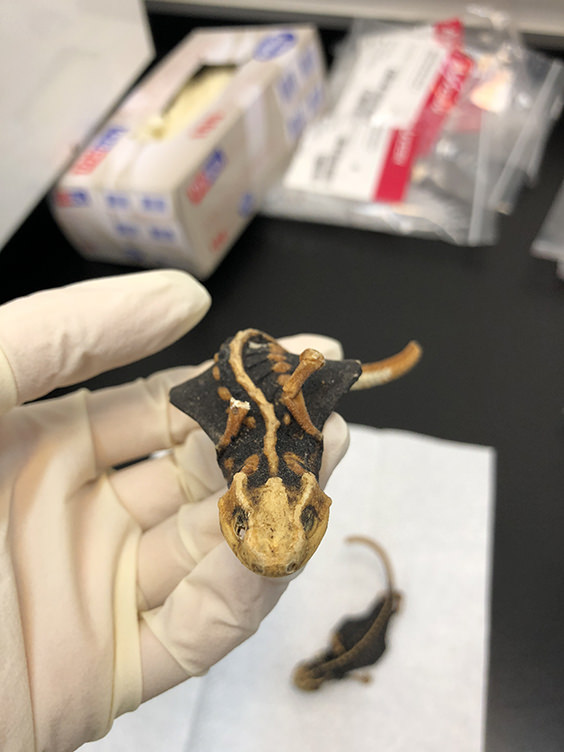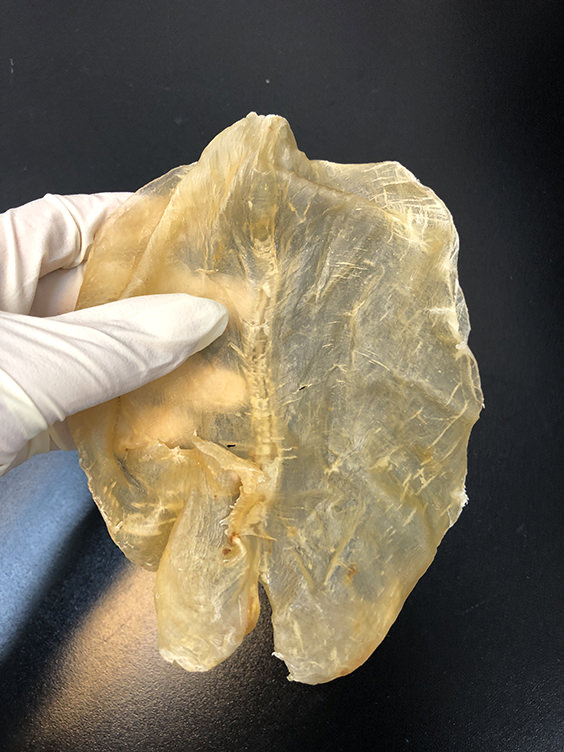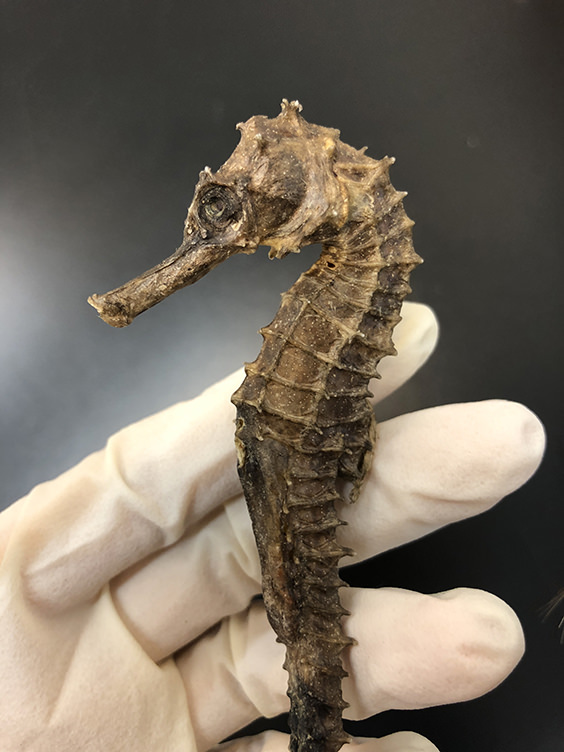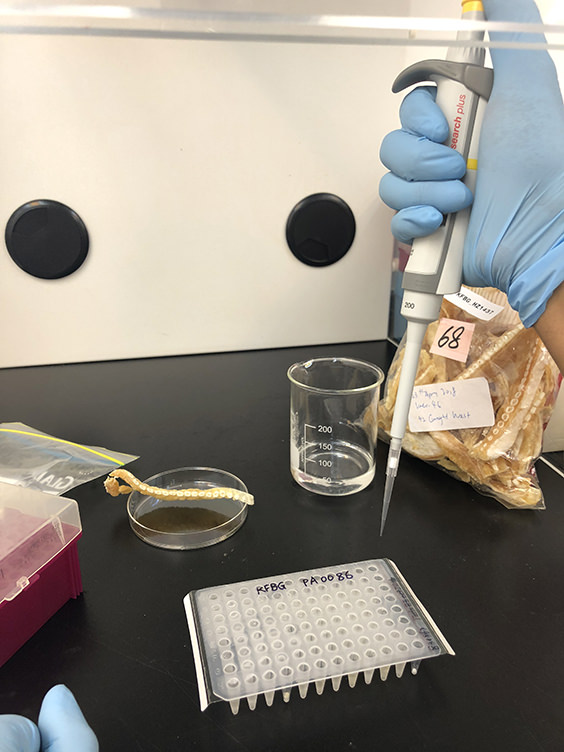
Hundreds of thousands of plant and animal species are traded each year, many of which are eventually sold in retail shops. Markets selling dried seafood and traditional medicines in Hong Kong are trade hubs for many wildlife commodities, such as shark fins, seahorses and sea cucumbers, as well as many plant species used in traditional Chinese medicine (TCM).


Major challenges for trade monitoring and regulation include species identification and source tracking, especially for processed items that have lost most of their diagnostic features, such as shark fins and traditional Chinese medicines. We have developed DNA-based methods for identifying the species contained in market samples, and our results reveal that a significant number of endangered species are routinely being sold, including endangered sharks, seahorses, agarwood and orchids. We combine genetic techniques with market survey and trade data analysis to verify trade documentation, and make recommendations for developing more effective conservation measures.



